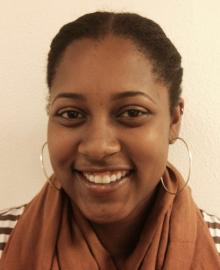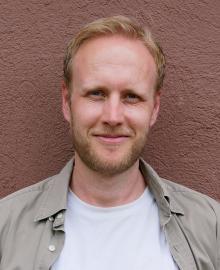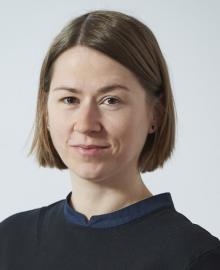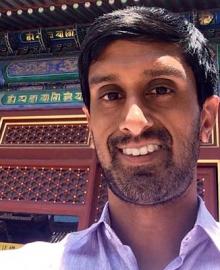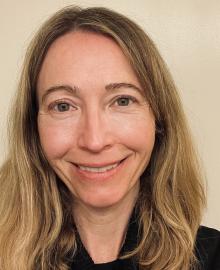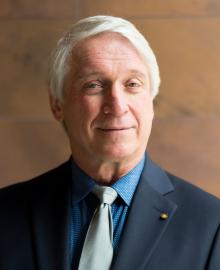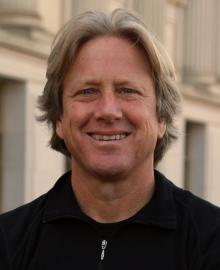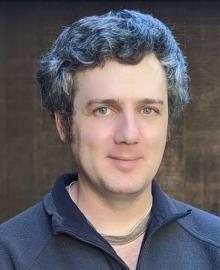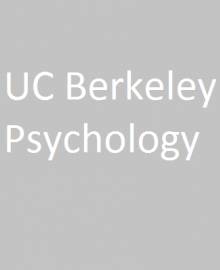Developmental
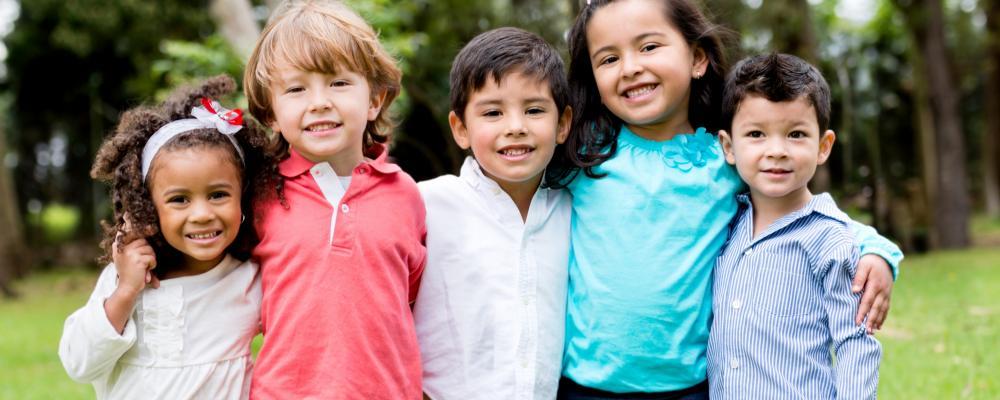
Our research goal is to understand how the organism and its capabilities develop throughout the lifespan. Our interdisciplinary approach is multi-species, multi-system, and multidisciplinary in nature. We study change over time in cognitive, linguistic, social, emotional, and neural processes.
Our explanations include both neural accounts of the plasticity that is observed in the developing brain and other systems, and computational and psychological accounts of development. The bi-directionality of these processes is emphasized, with the organism's genetically program development being influenced by its physical and social environments and in turn influencing those environments. Thus, our research is situated at the interface between the fields of developmental psychology, computational modeling, psycholinguistics, cognitive psychology, developmental cognitive neuroscience, social psychology, cultural psychology, and clinical psychology.
Our faculty members investigate numerous areas of development, plasticity, and change including sensory processes, cognitive capacities, language, reasoning, everyday knowledge of the world, emotions, and social relationships. We examine both typical and atypical development, each providing rich insights for better understanding the other and suggesting new approaches for effective treatments and preventive interventions.
Other faculty in the department who conduct research involving developing populations include – but may not be limited to – Ozlem Ayduk (Social/Personality), Allison Harvey (Clinical Science), Oliver John (Social/Personality), Rodolfo Mendoza-Denton (Social/Personality) Jason Okonofua (Social/Personality), Kevin Weiner (Cognitive Neuroscience), and Qing Zhou (Clinical Science).
Beyond the Psychology department, we have close ties with the Institute of Human Development, whose members span numerous departments and schools on-campus.
